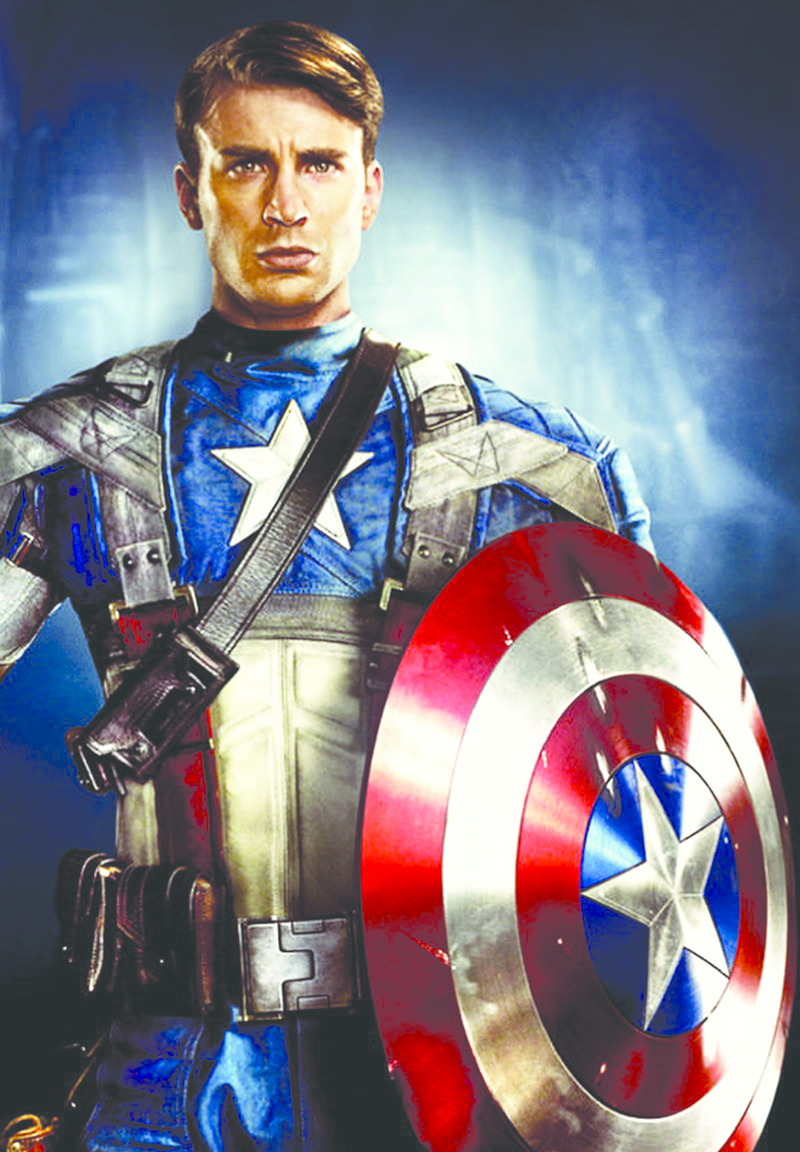There’s not a lot of critical love for the comic book genre, despite the box office status reached by mutant hordes’ and various avenging crusaders’ collective assaults. “Too cartoonish,” some whisper. Others sigh because the frames are too reliant on computer-generated images. And it seems an easy jab to berate the movies for their cardboard characterizations or their devotion to fanboy minutia that confuses and confounds those who live outside the Marvel bubble.
And yet, we were quick to jump on the bandwagon for a stylish espionage thriller from the pen of Robert Ludlum, a niche spy guy and author of the Jason Bourne series of novels. The first film in the Bourne series (The Bourne Identity) scored thanks to the breezy efficiency of an indie filmmaker on the rise (Doug Liman) and a perfectly superhuman performance from an actor (Matt Damon) who made it all look mundane. Damon as Jason Bourne created a dynamic sense of Everyman meets the disguiseless Superman, yet this Boy Scout happened to have been a trained killer with a glitch in his hard drive.
Back in 2002, when The Bourne Identity debuted in theaters, I saw the potential for the kind of story you’re reading right now. Jason Bourne was a governmental science experiment, the super soldier we wanted back in World War II to scare the bejesus out of the Nazis and beat the world into moral shape. Back then he would have been a patriotic, apple pie-peddling, flag waver, like Marvel’s Steve Rogers (Chris Evans) aka Captain America. Of course, Bourne was a modern-era iteration, a by-product of far more conflicted geo-political realities — a killing machine, a soldier without a conscience.
Our first glimpse of him — floating on dark waters, riddled with bullet holes and possessing no memory of how he ended up in the state he’s in — was certainly reminiscent of the Captain America mythos, at least in regards to his appearance in the modern world, frozen in solid ice. The crew of a fishing boat lands this mysterious catch, removes the slugs and a tiny transmitter with encoded account information, and suddenly we’re dashing off into James Bond territory. But I couldn’t shake the comic parallel.
And it is even easier now, hot on the heels of a huge opening weekend for Captain America: The Winter Soldier, to connect more of the dots linking these two franchises and their genres. Bourne is the embodiment of the two-sided Captain America-Winter Soldier coin. In the midst of Bourne’s initial frustration regarding his amnesia, his razor sharp reactions and reflexes always take over in any given situation, but there’s a hint of internal conflict brewing. Once he leaves the fishing boat and spends that first night alone, a pair of policemen shake him down for sleeping on a park bench. Yet, as soon as a nightstick gets too close for comfort, Bourne reacts and in less than five seconds, the officers are incapacitated and one of their guns is broken down, all with brutal efficiency. Bourne seems to catch himself, sensing that he could have dispatched them, permanently.
Bourne has a basic goodness that he wants to believe in and maintain in the face of mounting proof to the contrary. Watching Damon, we realize this is more than a character merely going through the motions; Bourne really could be a modern Super Soldier à la Captain America, but when confronted by other augmented agents from the Treadstone program that spawned him, Bourne switches identities. He is the stone cold Winter Soldier, the programmed assassin. How’s that for human drama?
Maybe it is the audience that has been programmed, though, to fall in line with the spy games. We’ve had more than 50 years of Bond and, thanks to writers like Ian Fleming, John le Carré and Tom Clancy, there’s a certain conditioning that has prepared us to appreciate the sturdy, sometimes technologically based elements at play in these kinds of thrills rather than what, on the surface, feels like a collection of funny stories written for children.
What the Marvel brain trust (with executive Kevin Feige and filmmaker Joss Whedon standing front and center) has done, by placing the good Captain (and this Ed Brubaker story rife with real world implications) in the hands of directors Anthony and Joe Russo, is tantamount to re-programming our expectations. Captain America: The Winter Soldier is no mere metaphoric replay of historic human themes; it should serve to remind us that narrative execution trumps genre and allows us to find some obscured version of ourselves or our world inside.
CONTACT TT STERN-ENZI:
[email protected]






